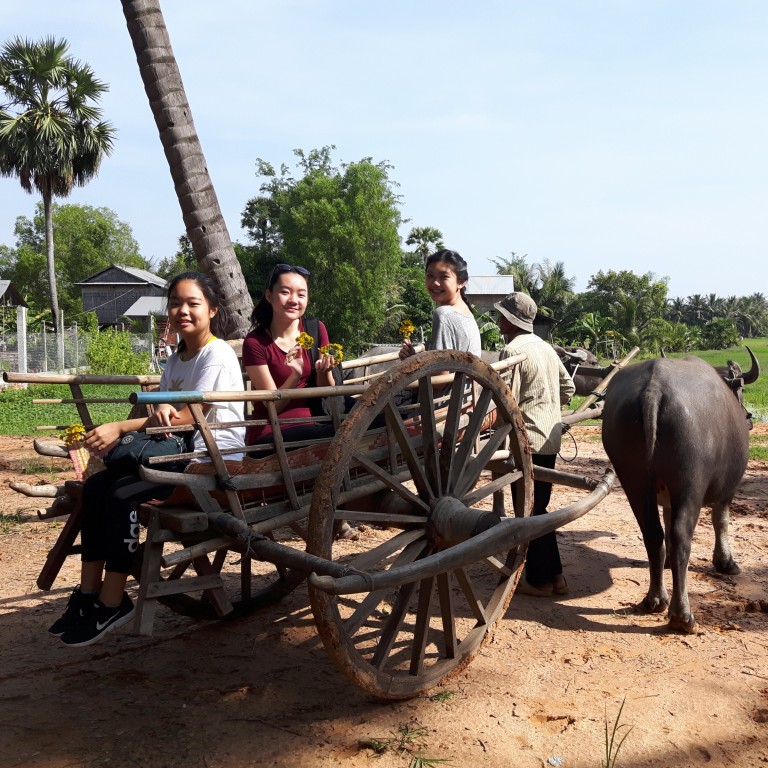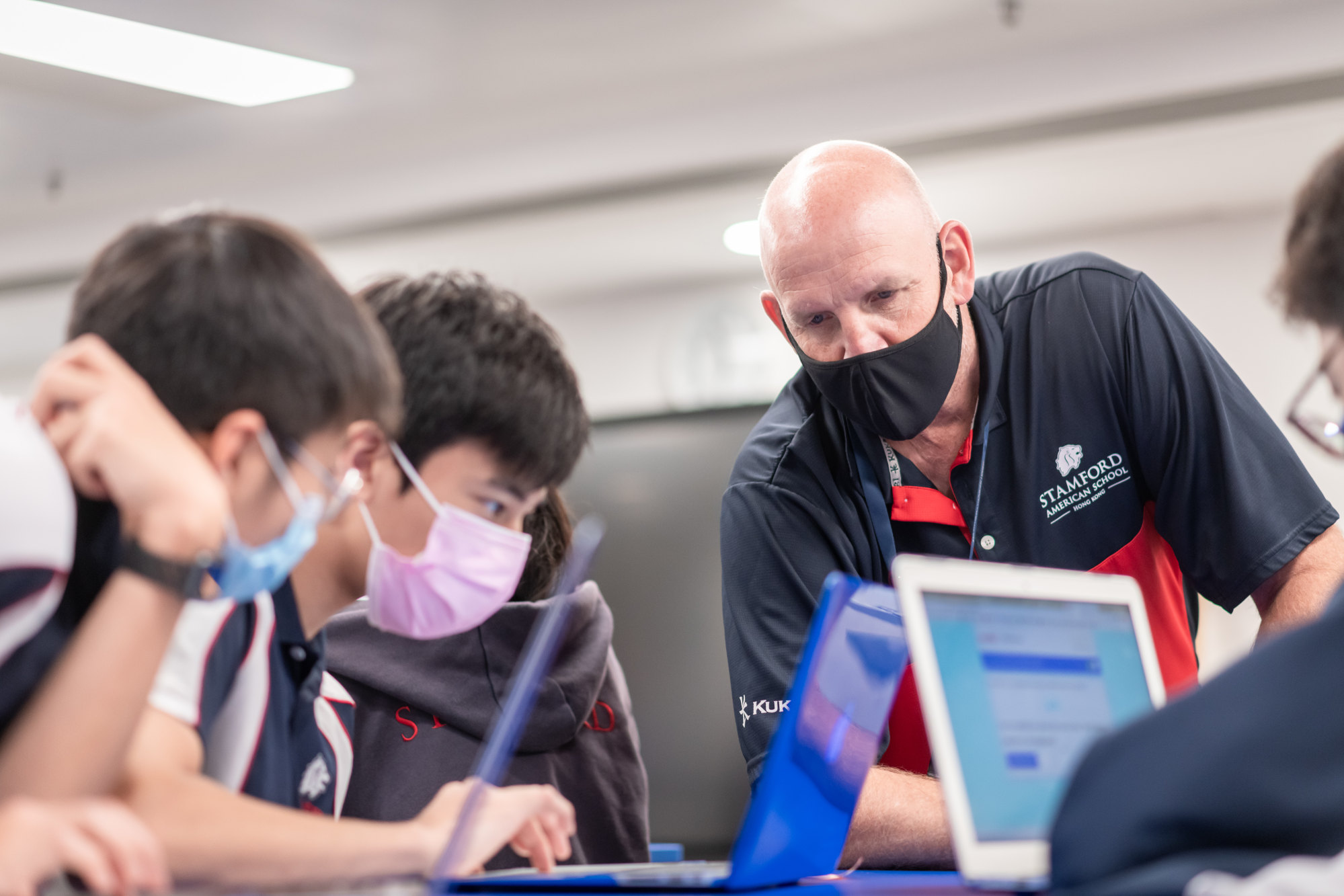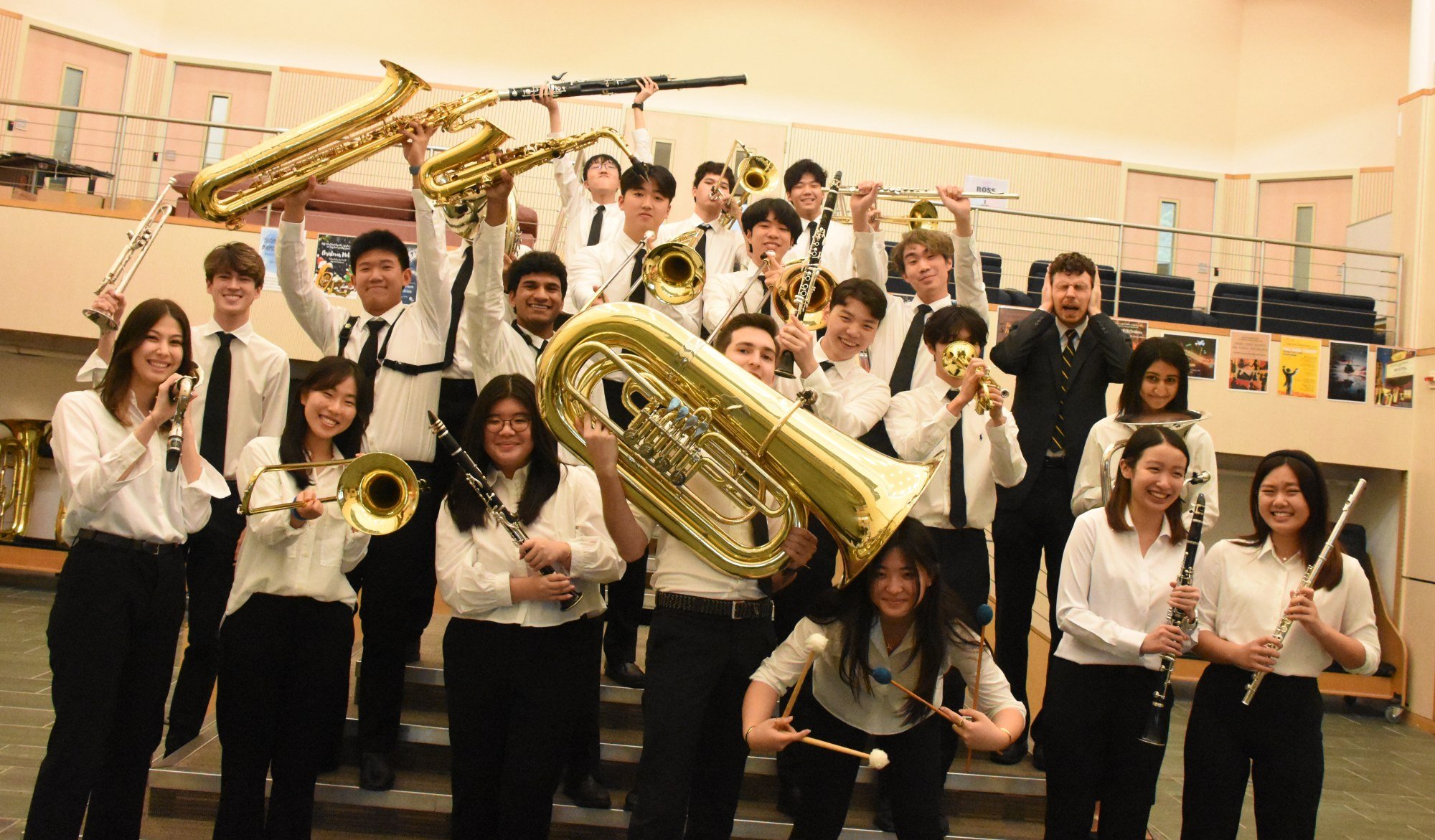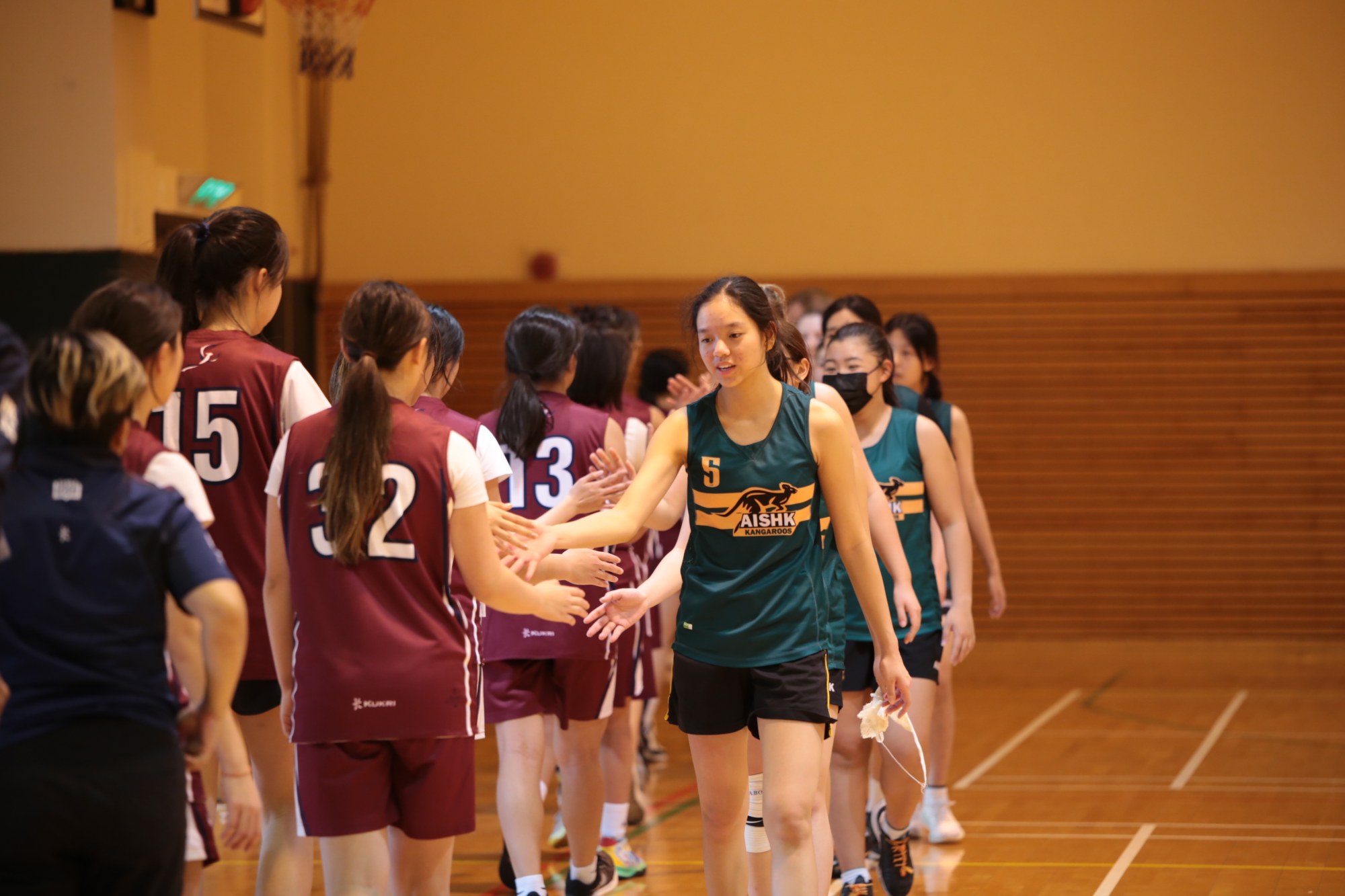
Foreign exchange trips are restarting, with schools seeing them as core programmes to aid intercultural understanding and character development, as well as building friendships and sporting ties
- Penny Pan, director of Chinese studies at CDNIS says schools are moving from the old cultural tour style to focus on community service, art, language, and science and tech
- Australian International School is launching its Activity Week programme for secondary students with overseas destinations including joining the Australian International Schools Association Games
With the reopening of international travel to and from Hong Kong, most international schools have resumed their overseas exchange programmes – regarded by educators as essential for students’ learning and personal development.
Community-based experiential learning is no longer an extracurricular opportunity for some students, but rather a core component of an international school’s programme and identity that all students participate in, says Matthew Schulte, head of local and global engagement at Canadian International School of Hong Kong (CDNIS), which has a long history of offering extraordinary overseas learning opportunities to its student body.

Overseas exchange programmes provide students the opportunity to grow and become more independent, says Alan Erickson, student welfare and safety principal at Stamford American School Hong Kong (SASHK).
“For some programmes, students are encouraged to take healthy risks and try things outside their comfort zone, such as kayaking, hiking and other outdoor activities. The programmes also promote intercultural understanding and build friendships. Students learn to understand other countries and cultures while appreciating their own.”
Charles Pierru, principal of secondary campuses and studies (French Stream) at the French International School of Hong Kong (FISHK), says overseas exchange trips allow students to bond while discovering new cultures they have not been exposed to previously. For example, the school’s annual French trip offers students a chance to use the vocabulary learned in a school environment for authentic purposes.
“Overseas programmes provide unique sporting and cultural experiences for students, and the friendships and connections between schools is strengthened on these trips,” says Mina Dunstan, head of school at the Australian International School in Hong Kong (AISHK).
“We have experience that students on previous trips have grown in many ways. They have embraced the challenges, maintained a positive attitude and worked as a team, creating memories that will never be forgotten.”
Finding a focus
As for the type of exchange programmes being proposed, international schools are moving away from the cultural tour style of the past towards programmes with a more clearly defined focus, bringing in aspects such as community service, art, language, science and technology, and character development, according to Penny Pan, director of Chinese studies at CDNIS.
The Hong Kong International School (HKIS) was the first international school in Hong Kong to reopen overseas travel for its high school students after Covid-19, according to high school associate principal Annalee Higginbottom. In February, its students took part in the APAC (Asia-Pacific Activities Conference) Band programme in South Korea, the APAC Theatre trip in the Philippines, the APAC Basketball trip in Vietnam, and APAC Swimming trip in South Korea.
“Our exchange programmes have a very clear focus and purpose: some are competitive, some are about co-creating art with students at other schools in Asia-Pacific, and some are about connecting with other cultures and social groups. Students are challenged both physically and socially. They are expected to demonstrate greater independence and responsibility for themselves and their peers,” says Higginbottom. “These opportunities also allow students to build new relationships around shared passions and experiences, and to use personal talents and skills developed in the classroom to benefit a wider community. As a result, the students are more well-rounded, have more personal lived experiences, know how to interact with diverse, dynamic groups of people, and most of all, they have great stories to tell.”

Higginbottom says HKIS is likely to introduce more overseas travel next year, providing its international student community with more chances to connect with the Asia region. “The school will also keep many options locally as this supports its commitment to reduce our carbon footprint, and gives students the opportunity to get to really appreciate the richness of Hong Kong.”
The CDNIS has relaunched its overseas experiential learning programme, called Experience Week, focusing on community building, cultural engagement, connection to outdoors and character development. All its students and staff in Grades 10-12 will have the opportunity to take part in an overseas Experience Week programme in November 2023. Grade 10 students will choose between five itineraries in Taiwan; Grade 11 students will choose between four regional community-building and cultural engagement trips in Bali, Borneo, Vietnam and Cambodia; while Grade 12 students will join a residential programme in Chiang Mai, Thailand.
Schulte says the Experience Week programmes are carefully designed to push students beyond their comfort zones, challenging them physically, intellectually and emotionally, while empowering them to develop the skills and perspectives necessary to understand and take steps to solve real-world problems. He says the programme differs from those offered by other schools as it is built around a clearly articulated experiential learning curriculum that leads to a highly intentional sequence of learning experiences, from Grade 2 all the way through to Grade 12. “These programmes lead to impactful and lifelong memories, stronger friendships and a sense of community. The resilience gained from these valuable experiences will support students in their academic endeavours and life beyond school,” he says.
Pan adds that the school is also looking to relaunch its Taipei Summer Mandarin Immersion Trip this summer for students in Grades 4 to 10. “While this programme will focus mainly on Chinese language and literature studies, we will also arrange activities for students to venture out and take part in excursions where they will learn about the local culture. In addition, the school is also planning a series of cultural trips to China where students will learn about the country’s past, present and future.”
“We have experience that students on previous trips have grown in many ways. They have embraced the challenges, maintained a positive attitude and worked as a team, creating memories that will never be forgotten.”
Being good sports
At FISHK, the International Stream Secondary School plans to offer a mix of overseas and Hong Kong-based exchange programmes at the end of June 2023 for its 11- to 15-year-old students. These activities will be based around the creativity, activity, service (CAS) elements of the IB Diploma Programme (IBDP). In the 2023/24 academic year, there are plans for its students to take part in overseas sporting trips jointly organised with the French Stream Secondary students. A first-year IBDP CAS week is planned for the end of 2023, while another CAS activities-based week in April 2024.
Pierru says the CAS activities week is a fantastic learning experience for the younger students, who are exposed to aspects of society that they are rarely faced with, such as poverty, homelessness, rural living conditions and non-education of girls. “Finally, as a school with a truly international curriculum flow, and a diverse student body of over 40 nationalities, the overseas trips allow some students to reconnect with the country of their birth and for others to discover aspects of countries hitherto unknown to them,” he says.
Genevieve DuSault, assistant of university orientation and programme coordinator for overseas exchanges at FISHK, adds that the school’s students are also able to join the ADN-AEFE (Alexandra David-Néel – The Agency for French Education Abroad) international exchange programme, which allows Grade 10 students of French educational institutions abroad to spend four to eight weeks of their school year in a French high school within the AEFE network or in France.
“This offers students the opportunity to enrich their educational journey by discovering another country and culture, as well as immersing themselves in a new school and language environment,” he adds.
AISHK is launching its Activity Week programme for its secondary students, with the overseas destinations including Cambodia, France, India, Japan, South Korea, Sri Lanka and Vietnam. According to Dunstan, the journey is stimulating, challenging and rewarding, allowing students to engage in activities that focus on culture, skill or service.
Dunstan says the school hopes to once again offer overseas travel opportunities for students in the area of representative sport: “AISHK has had a lot of involvement with the AISA (Australian International Schools Association) Games, an under-16 age group involving Australian International schools from around Asia, and is also active with the SDRC (Southern Delta Region Conference), an under-14 age group which enjoys representative sport opportunities abroad.

She adds AISHK aims to provide international experiences for a range of age groups. “Previously, Year 6 students have had their first experience abroad with travel to Beijing, and we hope to provide international travel experiences to this age group again soon and in consultation with parents. In sport, the broader age group is also welcomed, with trips progressing from short cross-border trips to bigger and more substantial trips.”
The SASHK plans to offer students a number of overseas sports programmes in 2023 and 2024. These will include a swimming team trip to Singapore in October/November 2023 for students between Grades 4 and 12, a high school volleyball trip to China in November 2023, a high school boys basketball trip to China in February 2024, and a middle school sports trip to Singapore in May 2024 for students in Grades 6 to 8.
In addition, the school also plans to run overseas education trips to the Philippines, Thailand and Cambodia for its high school students in Spring 2024, each with a different theme but which will all include cultural exploration and school exchange opportunities.
Erickson says that as SASHK is a member of Cognita school group – with member schools in India, Singapore, Thailand and Vietnam – this has made it easier for the school to offer regional competitions against others while still offering quality exchange experiences in art, music and other activities.

